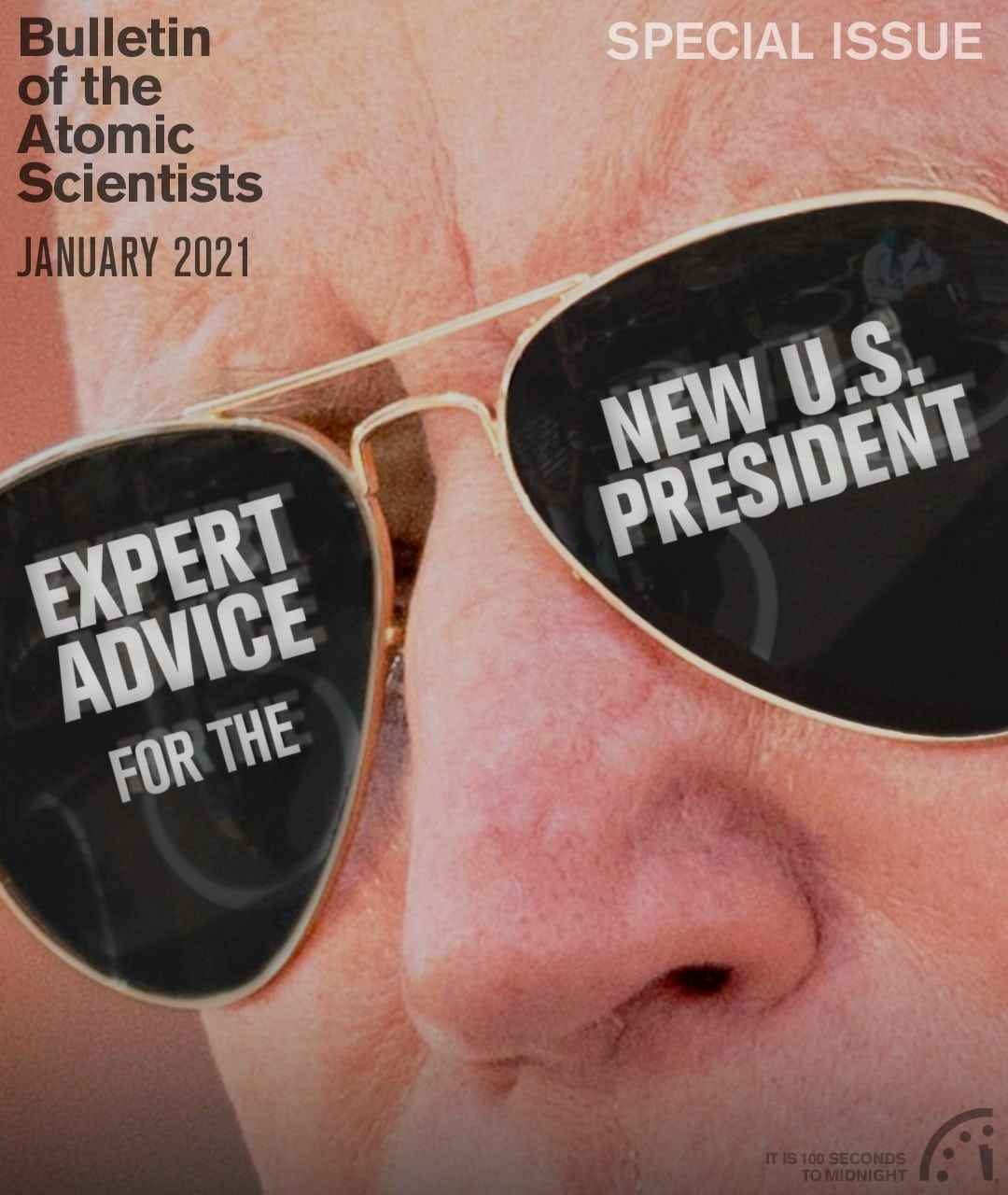Biden should focus on science communication as his administration seeks to tame the pandemic
By Matt Field | January 19, 2021
Biden should focus on science communication as his administration seeks to tame the pandemic
By Matt Field | January 19, 2021
Public health experts say the history of health threats provides a key lesson: The federal government needs a trusted public health source, perhaps an official like the US surgeon general, “to be the ‘face’ and ‘voice’ of evidence-based, up-to-date, trustworthy information.” But as the US government began grappling with the threat of COVID-19 early last year, public health professionals soon found their voices drowned out by President Trump, who undercut officials in his own administration, touted unproven therapies, and famously mused about the possibility of injecting disinfectant.
Over time, COVID-19 cases rose, the political divisions over business restrictions and mask wearing intensified, and trust in government officials and agencies plummeted. Even in its very last days, the Trump administration is falling far short in communicating effectively about public health. Reacting to the much-criticized rollout of a COVID-19 vaccines, Alex Azar, secretary of the Health and Human Services Department, promised that government vaccine reserves would be released—reserves the government didn’t have.
President-elect Joe Biden will begin his term Wednesday facing a roaring pandemic, and a more contagious strain of the virus that causes COVID-19 could make a bad situation even worse. The new administration will need a strong communications strategy to work with state and local authorities to implement effective public health measures and oversee a critical vaccination campaign. Communications “is going to be one of the most important focus points for the new administration, especially with the vaccine being deployed,” infectious disease epidemiologist and George Mason University biodefense professor Saskia Popescu said.
I talked with Popescu recently about what she thinks is one of the most important areas for the Biden administration to focus on.
Editor’s note: This interview has been edited for length and clarity.
Matt Field: Communication will be key in addressing the pandemic?
Saskia Popescu: The vaccine has been a really hot topic. You know, when President Trump was pushing it, and very much sounding like he was rushing it in September, he created a lot of trust and transparency issues. The FDA saying, “we’re not going to be taking any corners; this is going to be undergoing the same rigor than anything else,” I think explaining that to people is really important.
I’m just increasingly seeing the importance of science communication … So that would be one of the big messages I would say to the new administration. [I would also reiterate] that as we, quote, unquote, go back to normal, hopefully sometime later [in 2021], knowing that the old normal is what got us into this situation.
We really need to start looking to the future about the lessons learned, and that we’re still learning from COVID, and not let this be this cycle of pandemic preparedness and funding that gets ramped up during the event and drastically drops afterwards.
MF: How should Biden communicate effectively on the pandemic?
SP: I think there’s been a lot of people advocating … that we don’t just lean on experts that are super well-established in academia and government, but that we bring in early- or mid-career people who have been on the front lines and have a little bit more experience of science communication. Because you’re going to need all hands on deck; you’re going to need people who know how to communicate to a variety of different demographics. … I think part of that is not just having the experts, but also people who get their voices out—athletes, actors, and actresses. There’s a whole variety of people that can be effective science communicators, if we just let them.
MF: Do you think good communications could persuade people who don’t want to wear a mask or don’t want to take a vaccine to change their perspective?
SP: I think we have to start there. Communication with anti-vax folks is really hard. But there are people that continuously work in it, and do make headway in it. It’s just going to take some dedication and some time. But it’s an investment that we have to make into public health. I do think part of this, too, is really getting more visible bipartisanship about public health initiatives—things like masking—that should not be a partisan issue. So if we had a little bit more collaboration and unification showing the importance of removing the political aspect from masking and from public health efforts—if we can focus more on that, I think it would be especially helpful because everybody’s so fatigued from the politics of this.
MF: Do you think Biden has it in him to make that happen?
SP: I think so far there’s been a lot of really wonderful communication and messaging about how we have to move away from the partisanship. I mean, it’s going to take a lot of time; there’s still so much divisiveness. … But I do think it has he has it in him and I think especially with the team he is building.
Together, we make the world safer.
The Bulletin elevates expert voices above the noise. But as an independent nonprofit organization, our operations depend on the support of readers like you. Help us continue to deliver quality journalism that holds leaders accountable. Your support of our work at any level is important. In return, we promise our coverage will be understandable, influential, vigilant, solution-oriented, and fair-minded. Together we can make a difference.
Keywords: Coronavirus, Joe Biden
Topics: Disruptive Technologies, Opinion





















